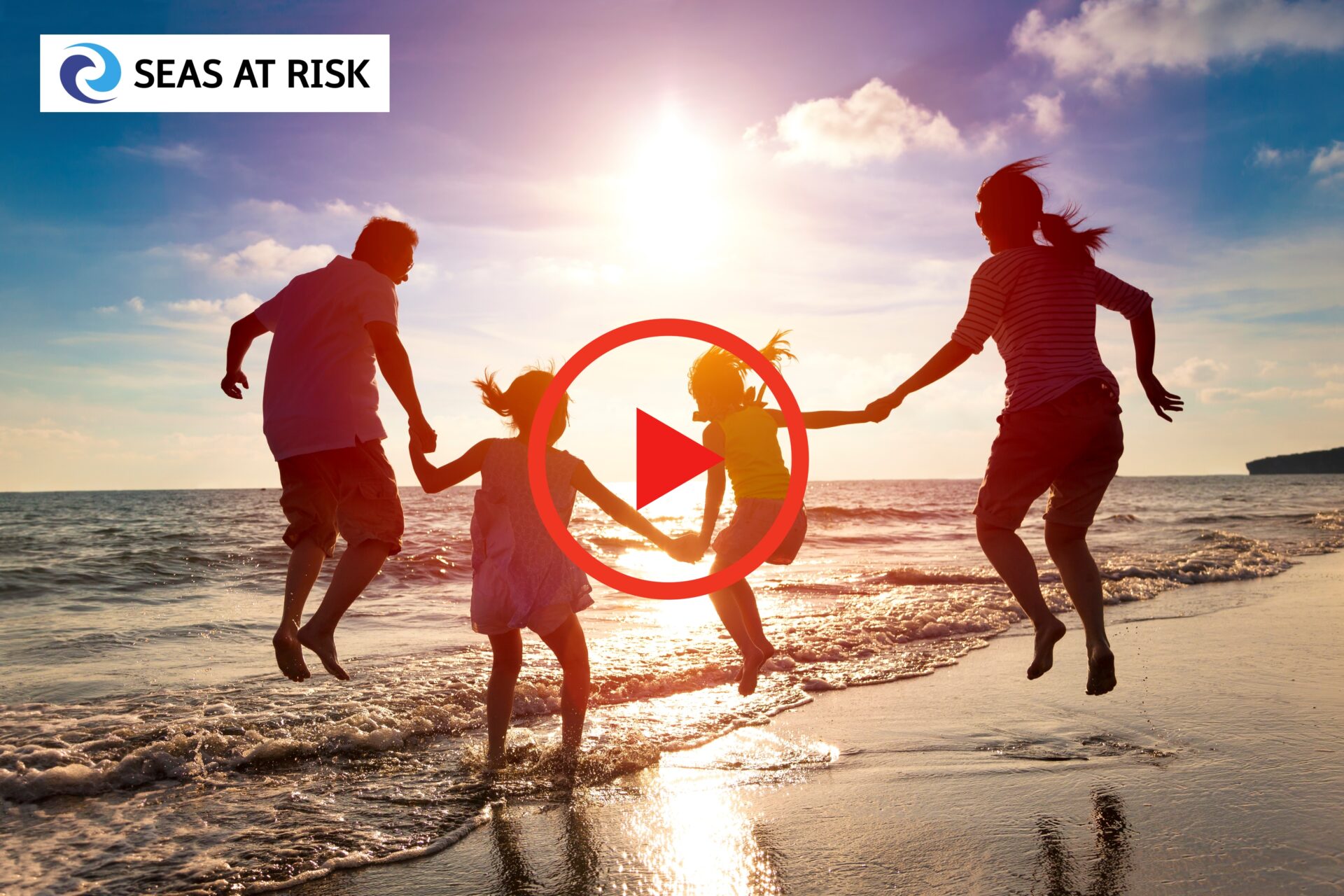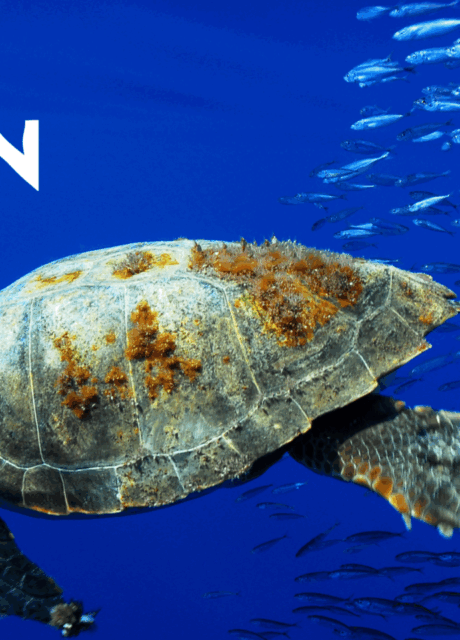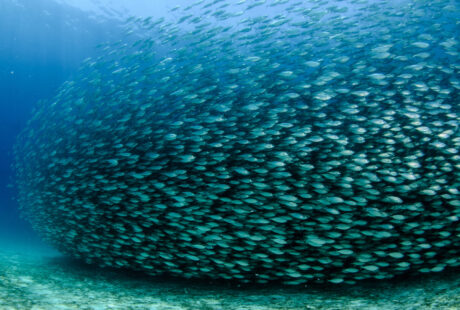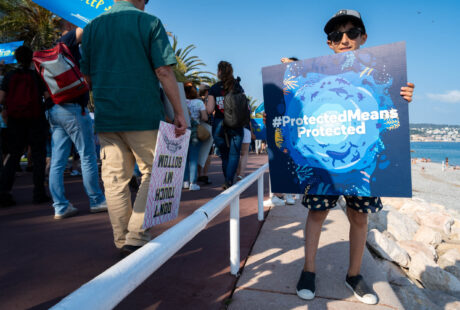2020 was to be the ‘Ocean Super Year’, with a series of planned ocean policy events to determine the future of our blue planet. Like so many other things, COVID-19 has brought a different focus. Today, World Oceans Day 2020, is instead a time to reflect on the lessons learned from the pandemic. First, we are all connected with each other and with the natural world. Scientists have suggested that humans are to blame for this crisis, confirming that the closer contact between wild animals and humans as a result of the widespread destruction of nature facilitated the spread of the virus to humans.
Second, the pandemic – although urgent and immediate – is not the only crisis we are facing. Strong measures are also needed to deal with the climate and biodiversity crises. However, the impacts of these two crises are less immediate and governments thus address them with less urgency. Yet these crises are all connected by the same root cause: the destruction and over-exploitation of the natural world. If we are to survive as a species, we need to redefine our relationship with the natural world in order to achieve a balance and protect the fundamentals that make life on Earth possible.

Third, a healthy ocean is a necessary condition for life on earth – we cannot forget that it is, in fact, the place where life on earth began. It is a climate regulator, produces half of the oxygen we breathe and is the largest sink of global CO2 emissions. The ocean supports us, feeds us, provides us with jobs and even heals us: a bacterium found in the depths of the ocean is now being used in rapid testing for COVID-19. Only if .how to achieve a balanced coexistence with the ocean and the natural world.
As we come out of lockdown, we need to heed these lessons. We need to rebuild so that human success does not come at the expense of the natural world. Governments are providing financial support to contain the size of the crisis and job losses. While necessary – and indeed laudable – these supports cannot fuel short-term economics and job increases that harm nature. We do not have to choose between humans and nature – if done smartly, we can reset the economy and prompt a green transition that creates jobs, a more resilient economy and a planet capable of sustaining human life.
The European Commission took a step towards such a green transition in aligning its recovery plan with the Green Deal. For example, investments will have to be compatible with energy and climate priorities. Re-directing the harmful financial incentives and subsidies which still characterise some maritime sectors will also help. There is substantial potential for clever investments that can deliver a stronger blue economy while improving the health of the marine environment.
Such investments should be guided by the Blue Manifesto, supported by over 100 NGOs, which offers a plan to achieve a healthy ocean by 2030. It sets out three main areas for investment focus: nature restoration and conservation, transition to low impact seafood, and tackling pollution. By applying the right principles, financial supports can benefit the marine environment on which the blue economy depends. If we get this right, World Ocean Day 2020 can mark the beginning of a blue recovery for our ocean and all who depend on it.
Posted on: 8 June 2020



